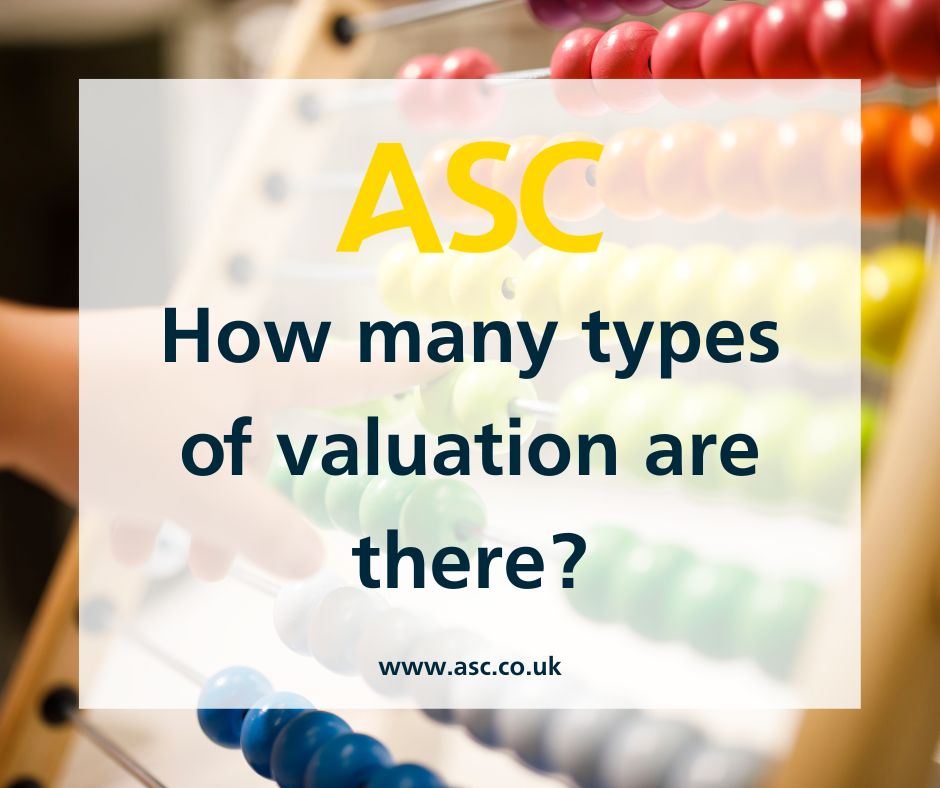How many different valuations are there!
If you are buying or refinancing a property, you are likely to need a valuation. Here are some of the most common types of property value:
Market Value
Market value is the most common type of property value and refers to the price that a property would fetch in the open market. It is determined by taking into account various factors such as location, size, age, and condition. Market value is used by lenders, buyers, and sellers to determine the fair market price of a property.
Residual Value
Residual value is the value of a property after all costs associated with its development or refurbishment have been deducted. This type of value is often used by property developers to assess the potential profitability of a development project.
Gross Development Value (GDV)
GDV is the estimated value of a property development project upon completion. It is calculated by taking into account the total revenue generated by the project, including the sale of all units, minus any costs incurred in the development process. GDV is a crucial metric for developers as it helps them determine the potential profitability of a project and its overall feasibility.
90 Day Value
90 Day Value is the estimated value of a property that is expected to sell within 90 days. This type of value is often used by lenders to determine the market value of a property for the purposes of providing a mortgage.
Open Market Value
Open Market Value is the price that a property would fetch if it were sold on the open market. It is similar to market value, but it takes into account any conditions or restrictions that may affect the sale of the property, such as a long lease or a shared ownership arrangement.
Vacant Possession Value
Vacant Possession Value is the value of a property if it were vacant and available for immediate occupation. This type of value is often used in cases where a property is subject to a tenancy agreement, as it takes into account any restrictions on occupancy or use of the property.
In conclusion, understanding the different types of property value is essential for property investors and developers. Market value, residual value, GDV, 90 Day Value, Open Market Value, and Vacant Possession Value all represent different perspectives on a property’s worth and can be used for various purposes. By having a clear understanding of these values, investors and developers can make informed decisions about buying, selling, or developing properties.



